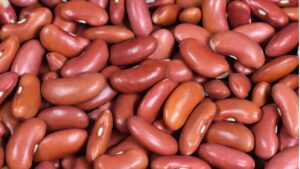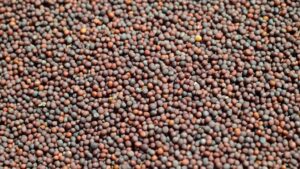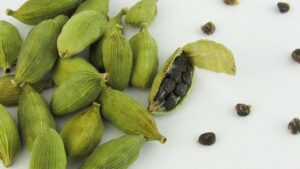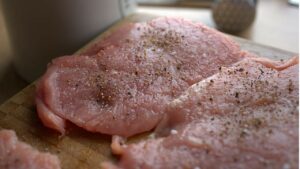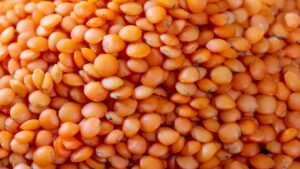Poppy seeds or posto (in Bengali) and khash khash (in Hindi) are oilseeds procured from the opium poppy. These are very tiny, kidney-shaped seeds.
Poppy seeds have a long history of cultivation throughout different civilizations for thousands of years. Even now, it is extensively used across South Asia and Central Europe.
The seeds are either used whole or in ground form in many preparations. Poppy paste is also used with mustard paste for both flavour and texture enhancement.
Both work as thickening agents. Poppy seeds are pressed to produce poppyseed oil.
Uses of Posto in Bengali Cuisines
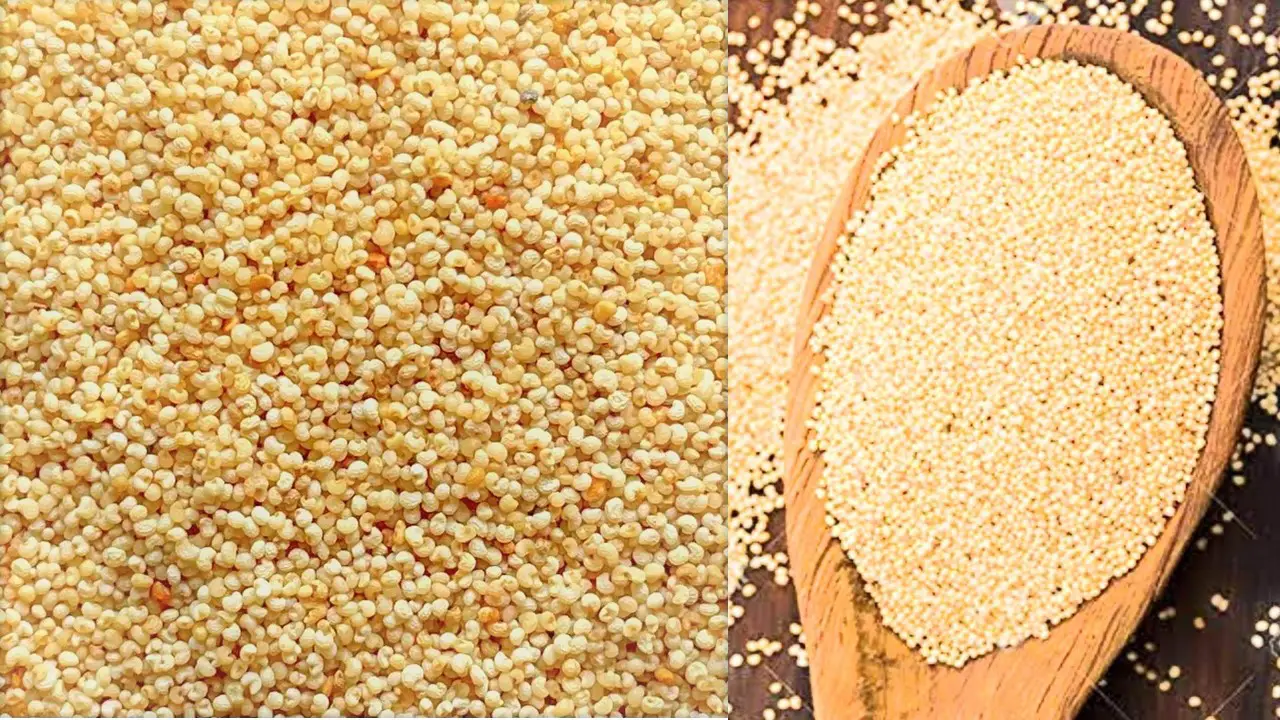
In Indian cooking, poppy seeds are used whole or mixed with a little water to make a thin paste of before use.
Poppy paste works as a thickening agent in aloo dishes and korma preparations. Whole poppy seeds give a crunchy bite and are sprinkled over rotis and naan bread and also in mango chutneys.
Ground poppy seeds are mainly used for flavour enhancement. These seeds are used as a spice, condiment or a decorative ingredient.
In Bengal, they are often sprinkled over fried items, such as potato fries, pumpkin fries etc. When heated, poppy seeds turn red and offer a crunchier bite.
Toasted poppy seeds are used in breads and rolls for garnishing. Due to their rich texture, poppy seeds add a fabulous look and character to the salad dressings and vegetables.
Poppy paste, which is prepared with ground poppy seeds and a little amount of water, goes into both veg and non-veg preparations.
Poppy paste properly mixed with mustard oil and salt tastes great with steamed rice. Try it with green chillies and you will love the subtlety and simplicity of the taste.
The best way to make poppy paste is to soak the seeds in warm water or milk for a while and then ground. This paste is mainly used to thicken curries, gravies and bhuna dishes. It also works as a flavouring agent.
Postor bora is a Bengali fried item. A thick mix of coarsely ground poppy seeds and shredded coconut is flavoured with turmeric powder and red chilli powder and then deep fried in mustard oil.
No word is enough to justify the unique, crunchy bites and luscious taste that it offers.
In Bengali cuisine, posto claims a pampered position in its own right. It is used in a variety of dishes. Take the case of aloo posto.
Potato cubes are cooked with poppy paste in mustard oil. Sometimes onion slices are also added to give the dish a mildly sweet taste.
Dim posto is a common favourite with many Bengalis. Egg is the main ingredient. Onion is an optional choice, but it enhances taste. You can also use potato cubes to make egg-potato posto.
Poppy paste is a common ingredient in both chicken and mutton rezala. This paste also goes in several fish preparations.
There are many traditional and innovative modern dishes that involve use of poppy paste.
It is used along with mustard paste in making shorshe ilish and ilish bhapa. Though mustard dominates the show but poppy gives a wonderful, aromatic accompaniment.
Chingri malaikari – a celebrated dish in Bengal! It will never taste the same without poppy. The thick paste gives the dish a unique texture, flavour and taste – an unforgettable melange.
Pui-kumro chorchori – a delight for vegetable connoisseurs! Poppy paste takes the taste to a divine height. Cook the dish with and without poppy paste and you will feel the difference.
Poppy seeds are also used in deserts. Surprised? Poppy seeds have a unique and fantastic flavour.
So, they are much admired by the dessert makers who use the seeds in a large number of sweet dishes from cakes, confectionery, crusts to pancakes, waffles and many more.
Both white and black poppy seeds are used as toppings on cakes, cookies, muffins, buns, bread pastries etc.
Poppy and payesh! Oh, yes, it is a unique and unbelievable desert prepared with poppy seeds and coconut. It is a great recipe for festive occasions. Being a natural coolant, it makes a decent choice for desert in summer.
Postor halwa is another desert delight. Milk and coarsely grounded poppy seeds flavoured by dollops of ghee cook a magic to meet your sweet craving.
How Does Posto Taste?
Posto, also known as poppy seeds, has a nutty and slightly sweet taste. It has a soft and powdery texture.
In Bengali cuisine, it is commonly used in curries, stews, and desserts, and is often combined with other ingredients like potatoes, eggplants, and fish.
Questions & Answers:
Should You Cook with Posto?
It depends on the type of dish one is preparing. Posto enhances both texture and taste of recipes, whether veg or non-veg preparations.
However, not all dishes use posto. It gives you a flavour and at the same time it adds mystic after effect. It actually relaxes the body and mind.
What Foods Can You Put Posto On?
I have already shared some popular dishes that you can put posto on. Some dishes use poppy seeds whereas others use poppy paste. Postor Bora, Postor Halwa, Potol Posto, Posto Chicken, Chingrimalai Curry, Dim Posto And More.
When Should You Add Posto While Cooking?
If you are using poppy seeds, use it at the end of cooking. But if you are using poppy paste, add it to little sautéed ingredients and cook on low flame until the seeds turn light brown.
Conclusion
Poppy seeds, also known as Posto, are tiny kidney-shaped oilseeds with a nutty and slightly sweet taste.
They have been cultivated for thousands of years and are extensively used in South Asian and Central European cuisine.
Posto is commonly used in curries, stews, and desserts, and is often combined with other ingredients like potatoes, eggplants, and fish.
It enhances both texture and taste of dishes, and can be added at the end of cooking when using poppy seeds, while poppy paste can be added earlier.
Posto is used in many traditional and innovative modern dishes, and is a beloved ingredient in Bengali cuisine.

